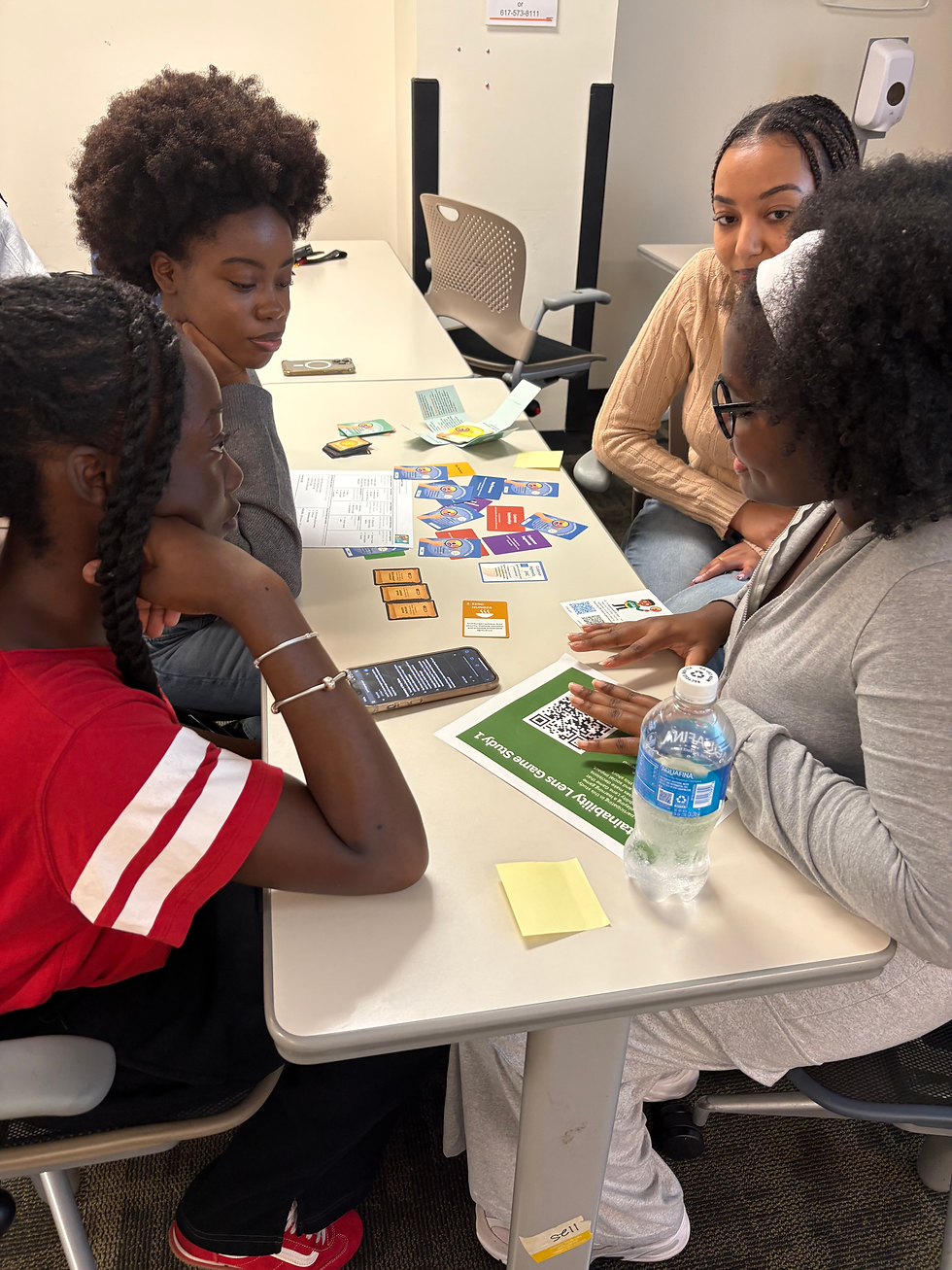A Conversation on Sustainability, Social Justice, and Innovation: Bridging Theory with Action
- Tamara Stenn

- Feb 17, 2025
- 2 min read

What happens when sustainability, social justice, and innovation intersect? A recent conversation explored this question by diving into a collection of documents that examine these themes from multiple perspectives—ranging from sustainable business practices to spiritual entrepreneurship and the importance of neurodiversity in the workplace.
Sustainability in Cities and Businesses: Measuring Impact
One key area of discussion revolved around the methods used to assess and achieve sustainability in urban environments and businesses. Many of these approaches rely on frameworks like the Circles of Social Life, which provide a holistic way to measure economic, environmental, cultural, and political sustainability. The conversation underscored the need for tangible metrics to track progress, ensuring that sustainability initiatives create real impact rather than just ticking boxes.
Spirituality and Entrepreneurship: Lessons from Andean Communities
A particularly compelling part of the discussion focused on the intersection of spirituality and entrepreneurship, particularly within Andean communities. These cultures integrate values of reciprocity, collective well-being, and environmental stewardship into their business practices—an approach that not only fosters ethical entrepreneurship but also strengthens community ties. By studying these models, businesses around the world can rethink success, prioritizing long-term sustainability over short-term profits.
Neurodiversity in the Workplace: A Strength, Not a Challenge
The conversation also highlighted the importance of inclusivity in business, particularly in creating work environments that support neurodivergent individuals. Rather than seeing conditions like ADHD, autism, and dyslexia as challenges, these perspectives emphasize the unique strengths and creative problem-solving abilities neurodivergent individuals bring to teams. Organizations that embrace neurodiversity foster innovation, resilience, and a broader range of skills—making workplaces more dynamic and effective.
From Theory to Practice: Strategies for Sustainable and Just Organizations
A recurring theme throughout the conversation was the importance of bridging theory with real-world application. The documents provide practical tools, strategies, and case studies to help businesses and communities implement more sustainable, equitable, and innovative solutions. From designing inclusive hiring policies to adopting socially responsible business models, these resources equip leaders with the knowledge they need to drive meaningful change.
Final Thoughts: Innovation for a Better Future
Sustainability, social justice, and innovation are not separate issues—they are deeply interconnected. The conversation made it clear that rethinking business models, embracing diverse perspectives, and prioritizing ethical leadership are key to building a more just and sustainable world. Whether through data-driven sustainability metrics, spiritual business philosophies, or inclusive workplaces, the path forward lies in transformative thinking and action.
Listen to the full conversation here.
Question: How do you integrate sustainability and social justice into your work? Share your thoughts below!



Comments